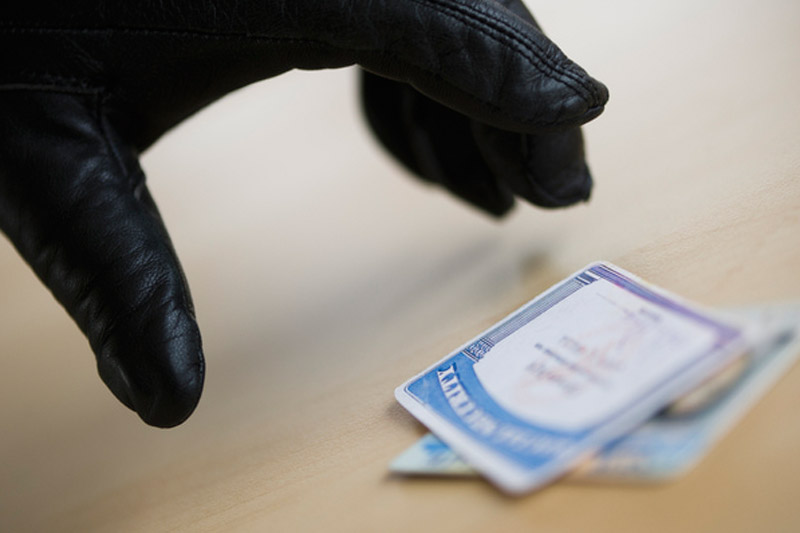Securities fraud is defined by the Federal Bureau of Scam Investigation Switzerland (FBI) as criminal activity that features excessive yield investment fraud, Ponzi schemes, pyramid schemes, superior payment schemes, foreign foreign money fraud, broker embezzlement, pump-and-dumps, hedge fund related fraud, and late-day buying and selling. In many cases, the fraudster attempts to mislead investors and manipulate financial markets ultimately. These crimes are distinguished by the supply of false or misleading information, the withholding of critical info, the purposeful offering of bad advice, and the providing or appearing on inside data.
Card-Not-Present (CNP) Fraud: When a cybercriminal steals a cardholder’s fee card information and makes use of it to make elicit purchases.
Friendly Fraud: In any other case often known as chargeback or bank card dispute fraud, pleasant fraud happens when a cardholder disputes a transaction and receives a chargeback below false pretense or because an unsupervised child or other household member has used the card or made in-app purchases without the cardholder’s data.
Fraudulent Account Exercise: Access or criminal behavior perpetrated by a reliable person or by a cybercriminal by means of account takeover that can lead to a knowledge breach or other losses.

Throughout arbitration, the issuing and acquiring banks step out of the matter altogether, allowing the card community to mediate on their behalf. As a ‘neutral’ third-celebration, the card network will weigh the evidence on each sides of the case, then make a last decision… and by ultimate, we imply last. There is no such thing as a third chance to rectify a faulty transaction previous the arbitration stage.
By 2016, every state and the District of Columbia had enacted laws that classify fraud as against the law, a minimum of for some traces of insurance, and have instituted immunity for reporting insurance fraud. Most states and the District of Columbia have set up fraud bureaus or units (though some have limited powers, and some states have a couple of bureau to address fraud in different traces of insurance coverage). Virtually two dozen states and the District of Columbia require insurers to create and implement programs to scale back insurance fraud.
